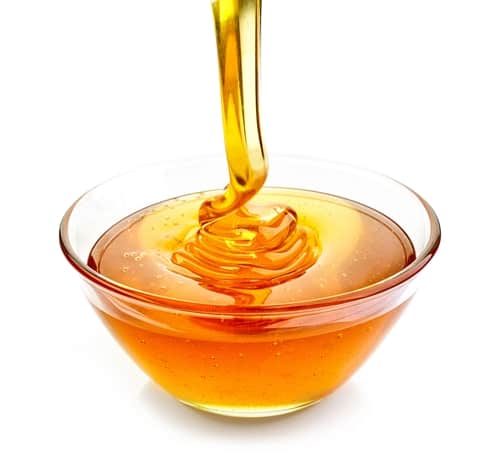Honey is a popular sweetener many people often use while baking, in teas and as a topping on toast or ice cream. When thinking of honey, most envision an amber-colored, sticky liquid that is easily, if slowly, poured from a bottle. This is the most popular form and the state in which honey producers strive to keep their product.
As many people know, honey is a substance created by bees. The bees extract nectar, or sugars, from flowers to transform into honey in their hives. The substance is therefore essentially a sugar mixture, composed primarily of fructose and glucose, according to Serious Eats. These sugars can cause the honey to crystallize over time, making it appear cloudy and thick.
“The heating element will evenly warm the honey.”
How quickly honey crystallizes depends on many things, including how it is stored, what type of flowers the bees took nectar from and how the honey was treated before it went to the store’s shelves.
Keeping out crystals
To prevent early crystallization of honey, producers of the sugar alternative might choose to process it through a heating and filtering process. The heating will do several things for the honey, Blue Ridge Honey Company explained. First, it will dissolve sugar crystals to prevent quick crystallization. Second, it will make it thinner, so the honey can be finely strained. When it is strained, particles like pollen and bee parts are taken out of the honey. This will prevent crystallization further, because there are fewer particles to which sugar crystals can bind.
To be effective, honey should be heated to 160 degrees Fahrenheit for a short period of time. A stainless steel shell and tube heat exchanger works well in this capacity. The heating element, such as water, will evenly warm the honey to the desired temperature, preventing pockets. This is essential if the honey is to be evenly treated to prevent early crystallization.
For information about how shell and tube heat exchangers can benefit your food production business, contact the experts at Enerquip. Their in-house engineers will be able to help you find a cost-effective solution for your company.

